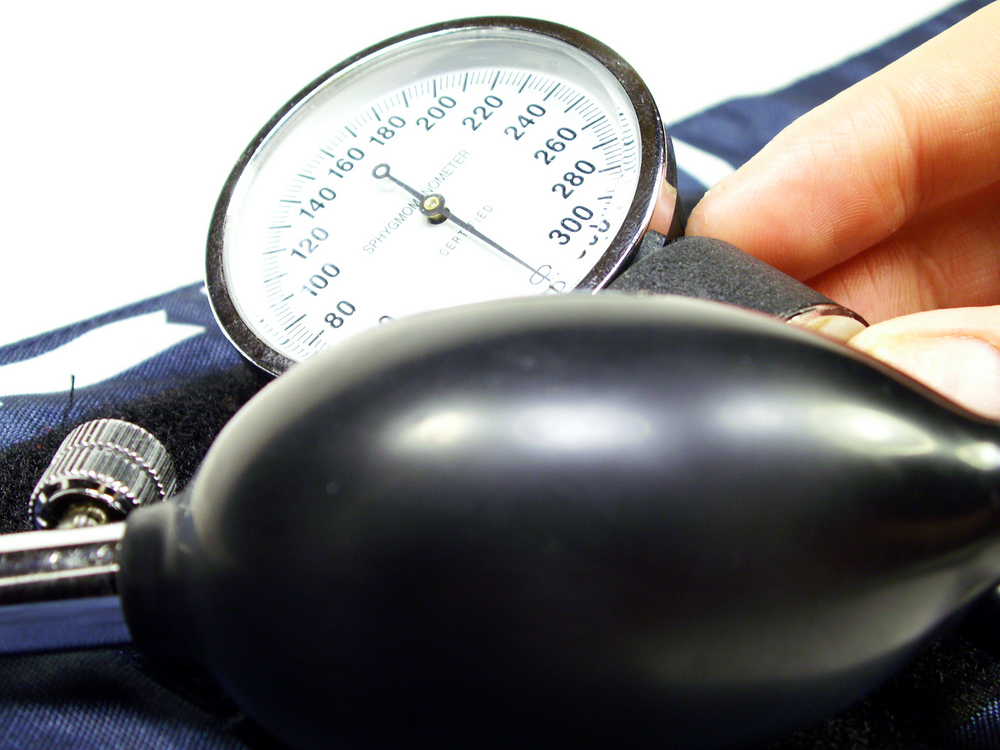Pulmonary hypertension begins when the arteries that carries blood from the lungs to heart are blocked, narrowed, or constricted, thus obstructing the blood flow from your heart and through your lungs. In turn, heart works harder to push blood beyond the blockages, resulting in increased blood pressure in the arteries and heart. Over time, the heart and heart muscles are weakened because it has to perform so many functions at one time. This condition can also lead to heart failure and eventual death.
Therapies for Pulmonary Hypertension
The first drug used for treatment of pulmonary hypertension was calcium channel blockers. Warfarin has also became a part of standard therapy. In 1996, intravenous Prostacyclin was shown to improve the tolerance and survival in pulmonary hypertension. Prostacyclin is administered by intravenous or subcutaneous injection, inhalation, or oral drugs. In some patients, headache and jaw pain are the common symtoms. Other potential adverse effects include infections, thrombosis, and pulmonary hypertensive crisis. The most common adverse effect is an elevation in liver enzymes induced due to dose of prostacyclin, affecting up to 11% of patients and calls for cessation of therapy.
Pulmonary Hypertension treatment with your ED pill (sildenafil)
The complications of the disease can be reduced and prevented by treatment. Recent studies have shown that pulmonary hypertension can be treated with the drugs prescribed to treat erectile dysfunction. The most commonly used drug in the market is sildenafil. It is considered to be more useful for treating erectile dysfunction. An important fact to be noted is that sildenafil is also used for treating uncommon but serious disorders of high pressure in the pulmonary blood vessels (blood vessels carrying oxygen rich blood to the heart through the lungs).
Sildenafil has evolved from a potential anti-angina drug to a recent new orally active treatment for pulmonary hypertension. Sildenafil acts by dilating the blood vessels in the lungs, hence increasing the blood flow, which can elevate oxygen levels in the blood. For some people, these erectile dysfunction medicines may help relieve symptoms of pulmonary hypertension.
Also Read: Tackling High Blood Pressure
Sildenafil is not suitable for everyone
This drug should be administered with special care. People who have a medical condition which could be affected by the vasodilating effect should avoid sildenafil. There is a high possibility that sildenafil can become unsuitable for some people due to the side effects. In such cases, the drug intake should be discontinued immediately, followed by a consultation with a doctor.
Sildenafil serves the dual purpose of treating erectile dysfunction as well as the pulmonary hypertension. A person affected by both the diseases can maximise the benefit by taking just one drug. However, the person having penile problems such as a deformed penis, Peyronie’s disease or penile scarring should not use this medicine. Similarly, people who have recently had a heart attack are advised not to use sildenafil. If you are taking more than one medicine, they may interact with each other. The patients taking nitric oxide based drug (main constituent of vasodilator) should steer clear of sildenafil. This medicine interacts with grapefruit juice also.
The main treatment for pulmonary hypertension encompasses drugs and certain oral therapies. Sildenafil has emerged as an effective oral treatment for decreasing the proportion of the symptoms in pulmonary hypertension disease.
Sildenafil is a useful therapy in numerous cases of pulmonary hypertension caused by various reasons, but further study is required dosage instructions of this drug. More research is to be done on the pulmonary vasodilation and vascular remodeling properties of sildenafil. Clarification of the role of sildenafil in treating pulmonary hypertension requires a study of well-designed trial cases.
Share your views and thoughts in the comments section below. Also, share this article with your family and friends, for their best health.




